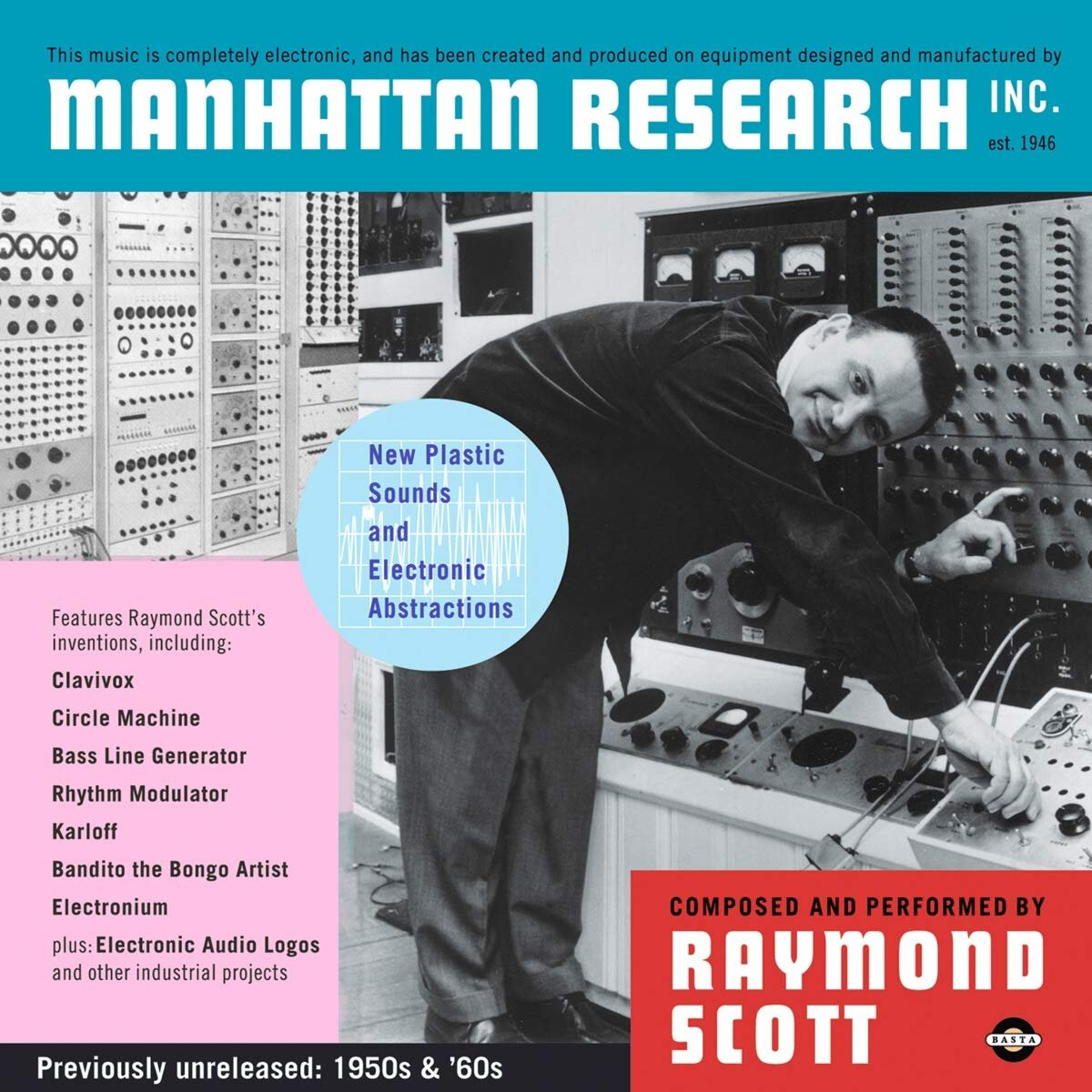J Dilla, "Donuts", and the Legacy of Copywriting
Nearly 14 years after his death, legendary hip-hop producer J Dilla is being sued for illegally sampling 10cc’s 1974 album “The Worst Band in the World”. Now, if you haven’t heard of 10cc, I don’t blame you. I’ve personally never heard of them, but hearing them on J Dilla’s masterful album “Donuts”, released the week before his death, it feels like Dilla did them justice. The beauty of sample-based music - often ridiculously called “plunderphonics” - is the ability to unearth old classics and obscure references and infuse them into a larger musical narrative. I love the “plunderphonics” term: we imagine a pirate digging through buried treasure, only it’s Dilla sifting through some hundreds of albums, some rare, some popular, some we might not even consider “music.”
The album was composed during an extended hospital stay - J Dilla had been in poor health in the years leading up to his death. It’s easy to romanticize the “vision” of artists and the creative process, especially when the artist isn’t around anymore to explain it. “Donuts” was the last gift he gave to world, and boy did it deliver. Following the tradition of DJ Shadow but resisting comparison to other artists in sample-based music, “Donuts” is not only a template of fantastic hip-hop beats, but a compulsively listenable and incredibly diverse album. Dilla pulls from a wide range of source material - everything from Stevie Wonder’s “For Once in my Life” on “The Twister (Huh, What),” a rendition of “Light My Fire,” to obscure ambient pieces like Raymond Scott’s “Lightworks.” The latter is repurposed in spectacular fashion on the album, with the track of the same name. The beat is entrancing, harkening back to Aphex Twin but giving it a punchier hip-hop feel. Other highlights on the album include “Don’t Cry,” which employs an old, powerful soul record and deepens its power through his producing ability.
Image via
This album is divisive. It doesn’t come in the neatest temporal package; most of the songs are between 1:00 and 2:00 long, and just as we become entranced in the beat, we’re thrust into a new sonic space. This happens 31 times, and though there are recurring sonic motifs throughout the album, such as the siren heard on “Workinonit,” we experience a breadth of different tempos and genres. It’s no wonder MF DOOM was such a big fan, and even rapped over “Lightworks” on a later album - the music has a polished, yet D.I.Y. feel. “Donuts” is paced brilliantly, the songs all fit a general musical mood, and hearing parts of songs we know on it is like finding some kind of musical easter egg.
It’s the sound of a producer making music without the pressures of a conformity and simplicity weighing him down, taking an opportunity to deeply explore new musical themes. Some of my favorite tracks on the album include “Lightworks,” “Time: The Donut of the Heart,” “U-Love,” “Don’t Cry,” “Geek Down,” and others.
Sample from “Lightworks” source material. Image via
Say what you will about sample-based music. Some call it stealing, some say it lacks any semblance of originality, and others are turned off by the dense nature of the production in many sample-based albums. Because many albums like these infuse so many pre-packaged records, the songs can often blend together and create a “wall-of-sound” production. Yes, 10cc wants their royalties, and I bet any self-interested artist would. However, there’s a point at which records have so distantly appropriated from their original sound, that calling them “stolen” starts to feel baseless. Think about The Avalanches’ classic record “Since I Left You.” It’s on a very short list of my favorite albums of all time. A very short list. Maybe like, I don’t know, top 5. The Australian producers draw from thousands of albums, and on the track “Stay Another Season,” they rip the bass-line from Madonna’s “Holiday.” Royalties were paid, and we were left with one of several incredibly tracks on one of the greatest albums ever made.
I digress. To say that “Donuts” is lacking in the originality is to do sample-based music and hip-hop an immense disservice. J Dilla performs these records on a sampler in very much the same way Chopin would perform a piano concerto, or Jimi Hendrix would rip a thunderous guitar solo. I would even argue that this album is more original for its use of source material than most recorded music today, where chord progressions are just as readily “ripped off” as are musical recordings. Copywriting and sampling is inevitable, and producers and artists who can take something great and make it something different are doing the lord’s work. Music is an inheritance, an oral history to be drawn from and altered, and the legacy of copywriting will live on through all those J Dilla influenced.
Now that I have the word “plunderphonics” stuck in your head, here are some other albums that fit the genre:
The Avalanches - “Since I Left You” (Seriously one of the most mind-blowing pieces of music you’ll ever hear)
DJ Shadow - “Endtroducing”
Afrika Bambaataa & Soulsonic Force - “Planet Rock”
Beastie Boys - “Paul’s Boutique”
Blockhead - “Music by Cavelight”
Feature image via








